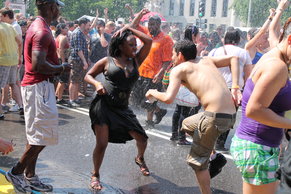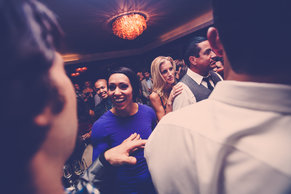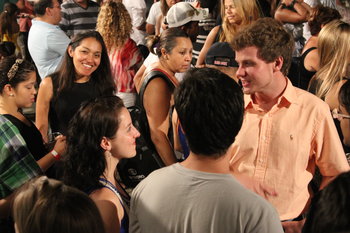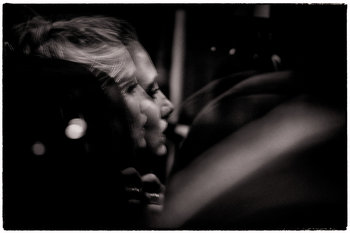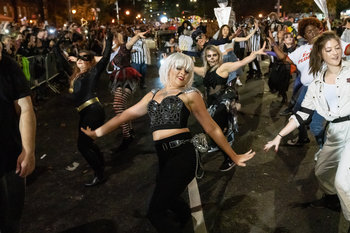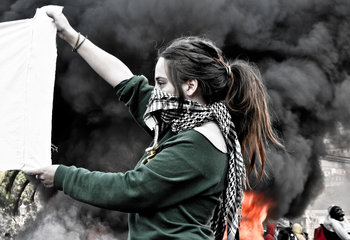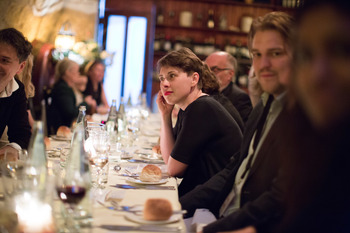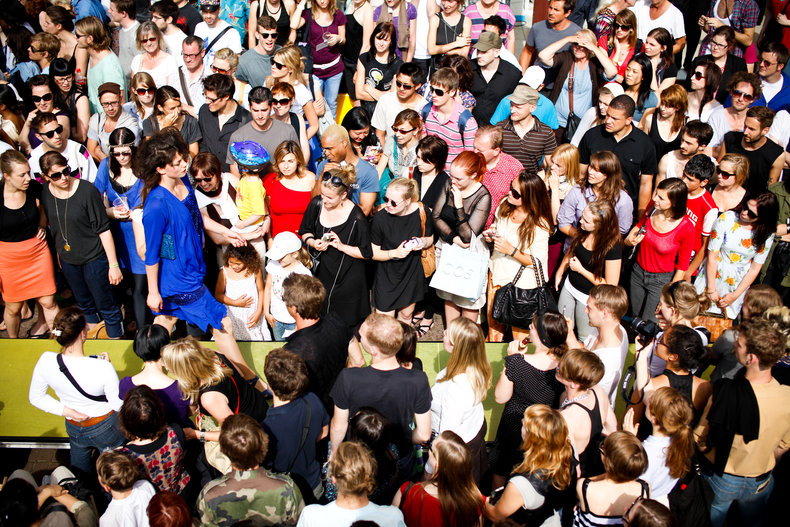
Knowledge of Performance
Knowledge of performance is the process of evaluating your performance irrespective of results. For example, a pianist who compares their performance to other competitors in a contest to find their own flaws despite having won the competition.Knowledge of Results
Comparing your end results to others. For example, comparing your grades to friends in a class.Benchmarking
Benchmarking is the process of finding a standard that you can use to understand if a result is good, average or subpar. For example, if you run 5k in 26 minutes, it might be useful to compare this to other runners you know or results discussed in an online forum.Upward Comparison
Upward comparison is the process of comparing yourself to people who exceed your results in some area. This can be done as a source of motivation and to seek out information as to how greater results are achieved. For example, an aspiring comedian who watches videos of the greats as part of their knowledge of performance evaluation.Unrealistic Standards
Upward comparison can result in unrealistic standards or dreamy thinking that isn't actionable. For example, someone who is interested in business who consumes much information about billionaires without any actual diligence in working towards real world results.Downward Comparison
Comparing yourself to others that you view as below you in some way. This can be a negative behavior that can lead to excessive pride and complacency.Whataboutism
Whataboutism is flawed logic that suggests one wrong is right because of some greater wrong. Downward comparison can be used as a whataboutism to justify poor performance or results. For example, a student who is often sent to the principle's office for misbehavior who feels their doing alright because some other student is sent to the office more often.Schadenfreude
Schadenfreude is a sense of joy at the misfortune of others. This is viewed as a negative emotion that may result from social comparison whereby the misfortune of others makes one feel better about their own troubles.Social Status
Social status is the respect and attention that you receive from others. People strongly desire social status such that this is a common flavor of social comparison. For example, a student who worries if they have as many friends as someone else.Commoditization of Social Status
As social status is a basic human desire, it is common for firms to try to deliver this as a product or service. For example, a brand that seeks to represent wealth, coolness or youth that is sold as a symbol of social status. Collectors of such items tend to compare these possessions and experiences to peers and others such as celebrities. This may be a negative thing as products serve as a disingenuous substitute for earning social status with your behavior.Role Models
The common practice of modeling your future based on the lives of people or fictional characters. Media provides rich exposure to stories and social information that can be used for social comparison and the formation of role models. This is often portrayed in a negative light as creating unrealistic standards but it rather seems the point of a role model to set the bar high.Lifestyle Media
Media that portrays the interesting lifestyles of real people . This may be used by audiences as a source of role models, social comparison and escapism. For example, a video channel that depicts the adventures of a solo traveler on a budget who makes it to a large number of countries without spending much money.Scarcity Mindset
Scarcity mindset is the feeling that the success of others diminishes your own successes. This can result in a dependency on downward comparison for self-esteem and negative feelings around upward comparison.Abundance Mentality
Abundance mentality is the feeling that there is enough for everyone such that you're happy to see others do well. This allows individuals to engage in downward comparison with a sense of compassion and upward comparison with a sense of joy and hope.Humility
Humility is the ability to see realities such as your faults and dependencies on circumstances and other people. This allows an individual to engage in downward comparison with a sense of gratitude for one's good fortune as opposed to a sense of pride. For example, a great athlete who knows that one injury could have ruined their career such that they feel a sense of overwhelming gratitude to life and a desire to help young athletes who are struggling to improve their performance.Self-Esteem
Self-esteem is confidence in one's own character, talents and prospects. People with high self-esteem have a solid understanding of their own strengths and faults such that they may seldom benchmark against others.Coolness
Coolness is an ability to lead without comparing yourself to others. This is associated with an inner vision and drive that knows where to go. Coolness draws social status without ever trying.Unaffectedness
Unaffectedness is an ability to transcend social processes in some positive way. For example, someone who notices insults without this generating much emotion because they have bigger things to think about. The unaffected don't necessarily lead but are free of social pressures.| Overview: Social Comparison | ||
Type | ||
Definition | The process of evaluating oneself using comparisons to others. | |
Related Concepts | ||

